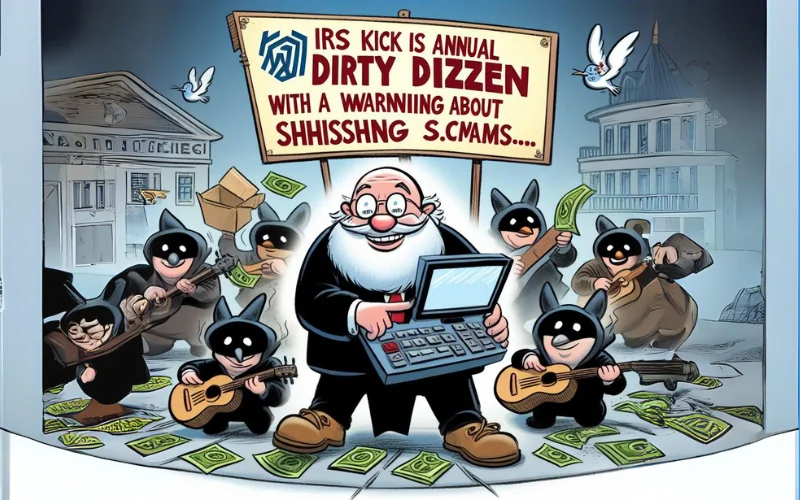The IRS has issued guidance on the denial and revocation of passports due to serious tax delinquency. The IRS must notify the State Department when an individual has a “seriously delinquent” tax liability. Generally, after receiving such a notification, the State Department will deny an application for a new or renewed passport.
The State Department may also revoke or limit a previously issued passport. The IRS and the State Department began implementation of these rules in January 2018.
[This article first appeared on the Wolters Kluwer blog.]
Background:
Code Sec. 7345 was enacted as part of the FAST Act (P.L. 114-94) on December 4, 2015. A seriously delinquent tax debt is an unpaid, legally enforceable, and assessed federal tax liability greater than $50,000 and for which:
- The IRS has filed a notice of federal tax lien and the individual’s right to a hearing has been exhausted or lapsed, or
- The IRS has issued a levy.
The federal tax debt is the aggregate of all current tax obligations, including penalties and interest. However, a “seriously delinquent tax debt” does not include a debt that is currently being paid under:
- An approved installment agreement,
- An approved offer in compromise, or
- A settlement agreement with the Justice Department.
Moreover, a debt is not a “seriously delinquent tax debt” if collection is suspended because the taxpayer:
- requested a Collection Due Process hearing, or
- made an innocent spouse election or requested innocent spouse relief.
Serious Tax Delinquency:
The State Department will not be notified if one of the exceptions to seriously delinquent tax debt applies. In addition, the IRS will reverse a certification when the tax debt no longer qualifies as a seriously delinquent tax debt. The State Department must remove the certification from the individual’s record after it receives notice that the IRS has reversed a certification. Therefore, taxpayers notified that their tax debt has been certified should consider:
- paying the tax owed in full,
- entering into an installment agreement, or
- making an offer in compromise.
Generally, the State Department will provide a certified applicant with 90 days to resolve the tax delinquency before denying the application. Accordingly, individuals who need a passport to travel within 90 days must resolve the tax delinquency within 45 days of their passport application date.
Sole Remedy:
A taxpayer’s sole remedy for a wrongful certification or failure to reverse a certification is to file a civil action under Code Sec. 7345(e). The individual may not go to IRS Appeals to challenge the certification or the decision not to reverse. However, a taxpayer who believes the certification is wrong can call the number on the Notice CP508C to request reversal.
Source – CPA Practice Advisor





